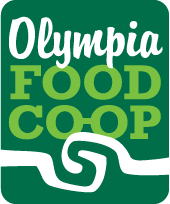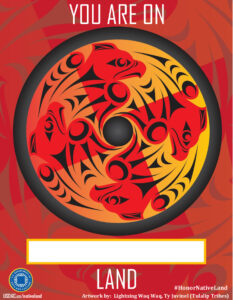This week and month can be very challenging for our loved ones and community members who have Native/Indigenous heritage. For me, working in the natural food industry during the busiest week of the year, selling food for a holiday that historically celebrated genocide, and the fact that our collectively-run organization must do this to survive financially, brings this into sharp focus.
Here are just a few of the things that have helped me continue to learn how to be an ally the best way I can:
1. Listen, pay attention, and check in! Not everyone has the same feelings or needs around this week.
2. Read and learn about history and current events of Native people in this place. Read “There, There” by Tommy Orange and other Indigenous authors. Have conversations around your tables.
3. Be humble about your mistakes. We all mess up sometimes!
4. Talk to other people about how to take action! Follow the lead of Indigenous movements and community members.
5. Use the USDAC (U.S. Department of Arts & Culture) “Honor Native Lands” toolkit, as recommended by Jaclyn Roessel, Director of Decolonized Futures & Radical Dreams, which you can download.
6. Check out these resources also recommended by Jaclyn Roessel:
Please read “The Invention of Thanksgiving” by Philip Deloria, published in the New Yorker this week.
An annotated book list from the First Nations Development Institute
Participate in Indigenous-led actions such as the Climate Strike on November 29th Bureau of Energy, Power, and Art.
With respect,
Jenn Susan
Staff Collective Member
Image from the USDAC website: As part of this campaign to #HonorNativeLand, we partnered with Native artists to create downloadable signs that you can print, customize, and post in your community.

